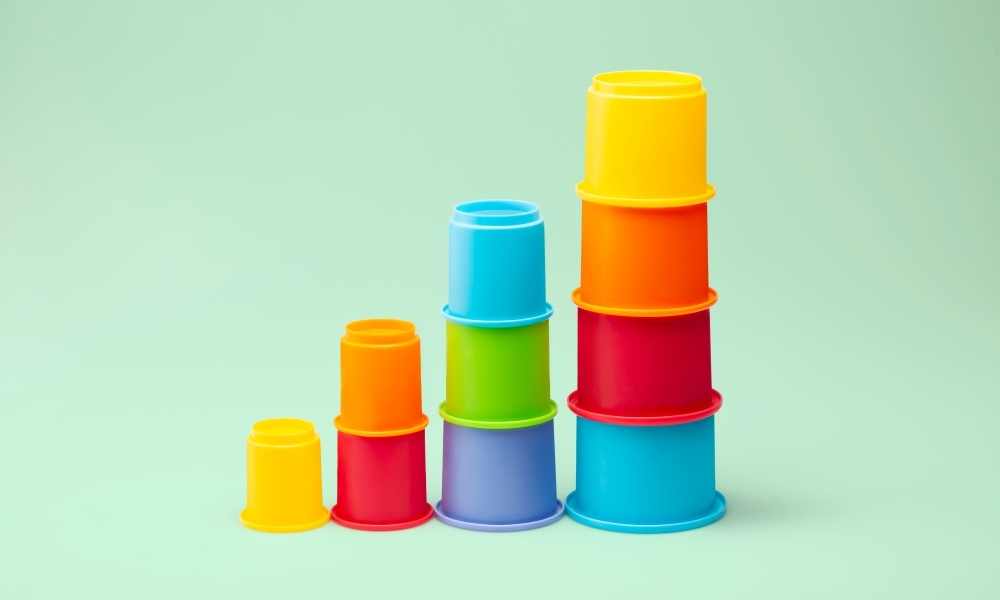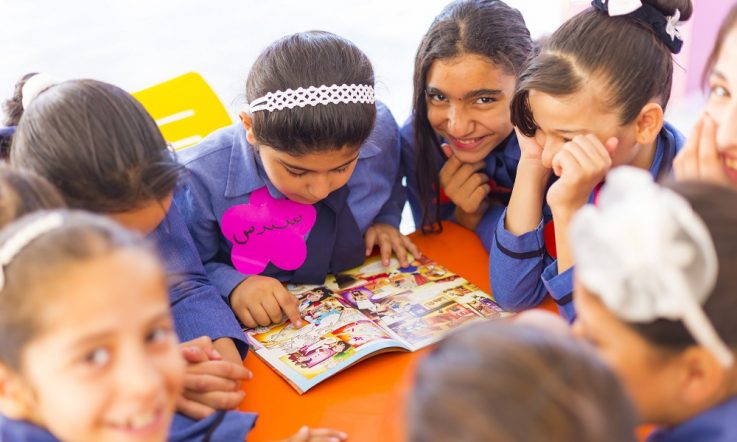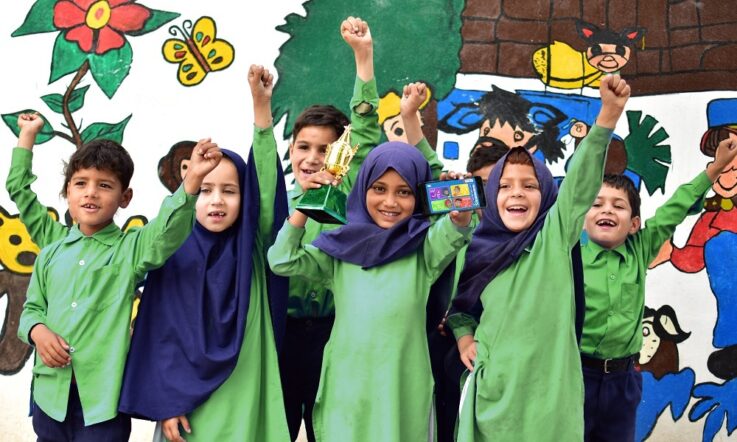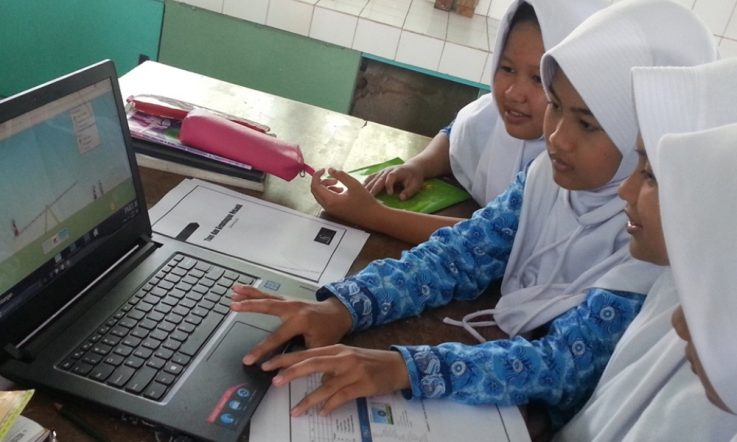What would you say is the most pressing challenge in your own school? The answer, of course, will vary depending on school context, location, and student, staff and community needs. Around the world, stakeholders are coming together to find solutions to key education challenges and scale them up across regions, countries and continents.
Each year the World Innovation Summit for Education (WISE) Awards recognise pioneering projects that are having an impact on the ground. The recipients for 2022 were announced last month. Here, we look at the winners.
Childcare Social Franchising by Kidogo
Enabling access to quality, low-cost childcare in Kenya’s informal settlements has also had a positive impact on school attendance for those students (often adolescent girls) who would otherwise have to stay at home to look after their younger siblings. Kidogo is now the largest childcare network in the country, training and supporting more than 750 female entrepreneurs (known as ‘Mamapreneurs’) to begin or grow their own childcare services, which now serve 16,000 children. The project team aim to scale up the model to serve 100,000 children across East Africa by 2030.
Remake Learning
For the last 15 years, the Remake Learning peer network (including teachers, school administrators, artists and designers) has provided engaging learning opportunities for students in southwestern Pennsylvania and northern West Virginia. Whether it’s hosting events, or helping to fund and create STEM labs, media hubs, makerspaces and collaborative classrooms in schools, the project network is making it easier to collaborate and share resources, best practice and expertise. As WISE notes: ‘No one organisation can transform teaching and learning alone, so Remake Learning helps bring them together.’
Educating for Wellbeing by AtentaMente Consultores A.C.
This award winner is already reaching 12,500 school leaders and teachers in 6 states throughout Mexico, positively impacting 300,000 students. Its focus is on developing the social and emotional competency of adults so they can create a healthy and protective school environment for their students. The project offers teacher and leader training, an SEL (social and emotional learning) curriculum and parent resources. Expansion plans in the pipeline for the next 5 years include extending the reach to at least 3 other countries within the Latin America and the Caribbean region and one country outside.
Internet Free Education Resource Bank by Education Above All
The challenge facing this project team was to ensure learning continuity during the COVID-19 school closures. Its resulting open-source and technology-free collection of resources, games and activities has helped 827,000+ learners in more than 14 countries, including those in refugee settlements, remote and rural areas, and deprived urban communities. The resources are available in several languages and require minimal supervision – meaning learning can be student-led or used for distance education, blended learning and standalone lessons. Although they have a global reach, the resources are created to suit local contexts.
Opportunity EduFinance by Opportunity International
Focusing on low- and middle-income countries across Africa, Asia and Latin America, a whopping 9.5 million children had benefited from this project as at the start of 2022. The idea is to get more children into quality education through local social financing. The team partners with financial institutions to support parents and school owners with school fee and school improvement loans. School leaders receive training in how to run a sustainable school while devising and working towards an improvement plan. Leaders and teachers also have access to professional development to build their management and instruction skills.
Climate Change Problem Solvers by Reap Benefit
This award-winning project has set out to reimagine the way education can help tackle the climate challenges facing India. Bootcamp Express is a mentor-driven education program to draw on the skills of young ‘Solve Ninjas’ to work on local solutions to local problems. More than 112,000 Solve Ninjas have benefited from the 2-month bootcamp, resulting in initiatives and local campaigns that have (among other things) saved 54.3 million litres of water, 1.7 million units of electricity and 187 tonnes of waste. Goals include creating one million Solve Ninjas by 2025 to bring about environmental savings, and strengthening learners' climate literacy and 21st Century skills.
You can find out more about the 6 winning projects and 9 other finalists at the 2022 WISE Awards webpage.



